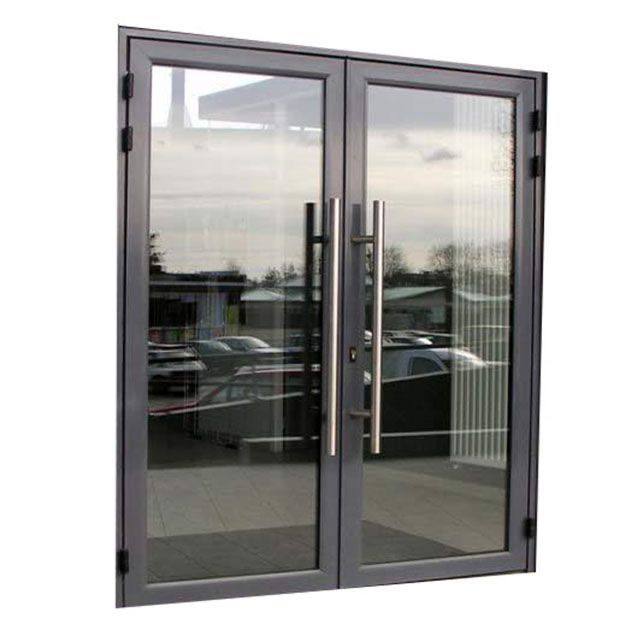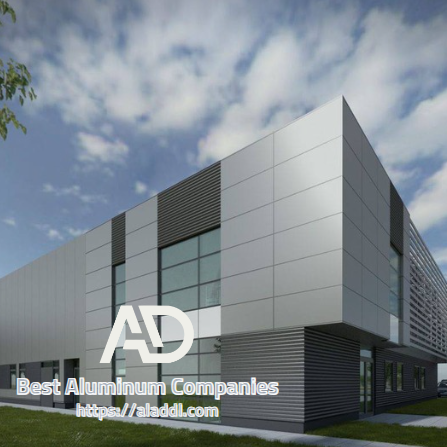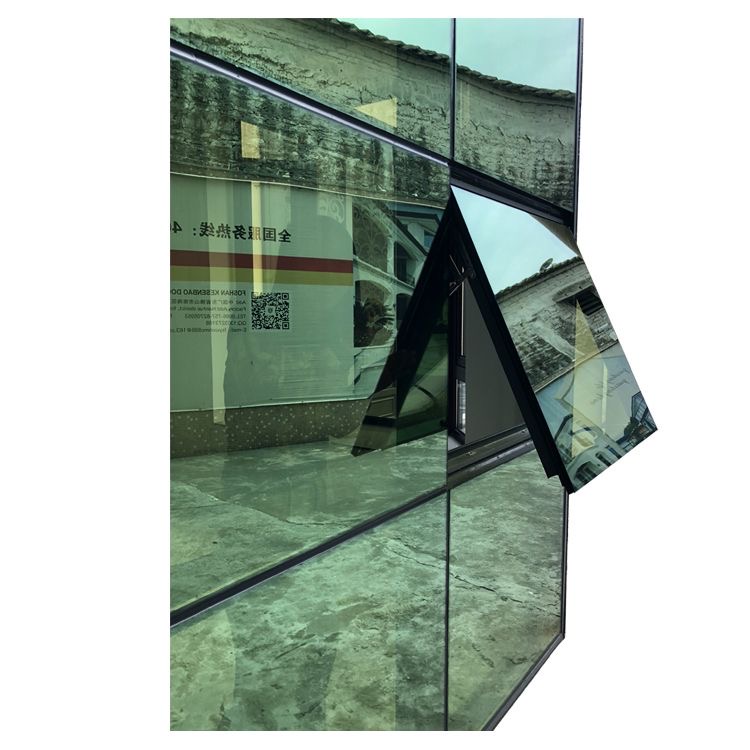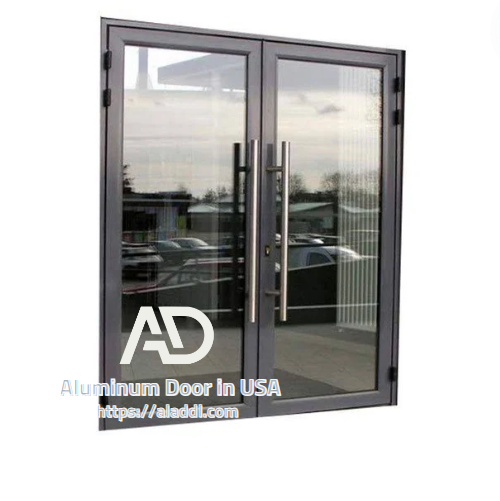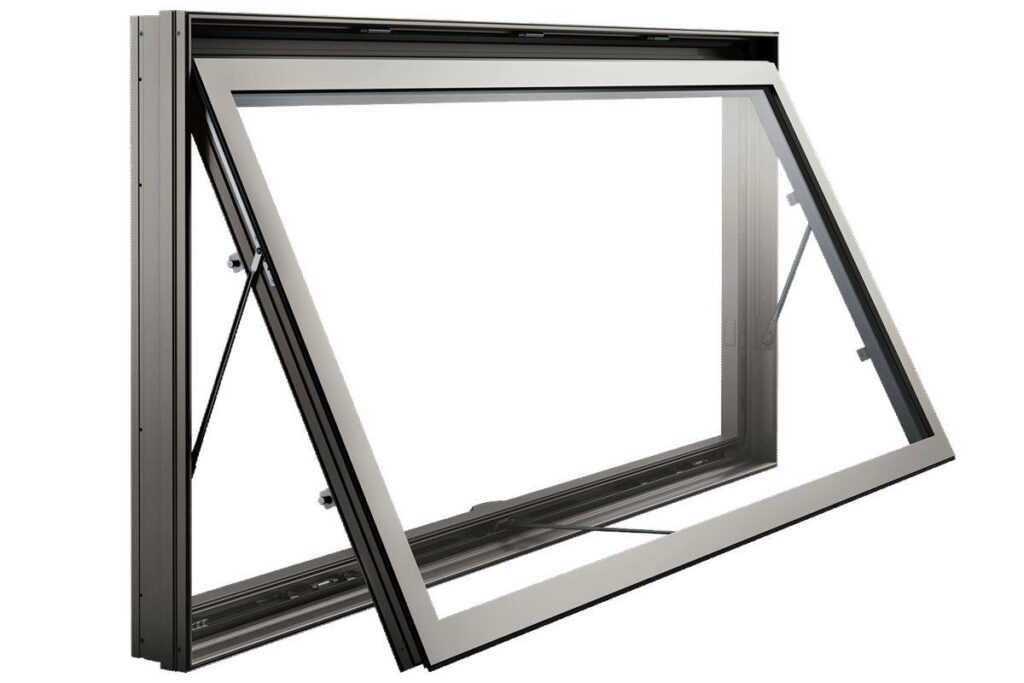Why Aluminum is the Best Material for Commercial Windows in the U.S.
When it comes to selecting windows for commercial buildings in the United States, the choice of material is critical. Aluminum has emerged as the top contender due to its unique combination of durability, energy efficiency, and aesthetic appeal. This article explores why aluminum is the best material for commercial windows, backed by data and insights that highlight its advantages over other materials.
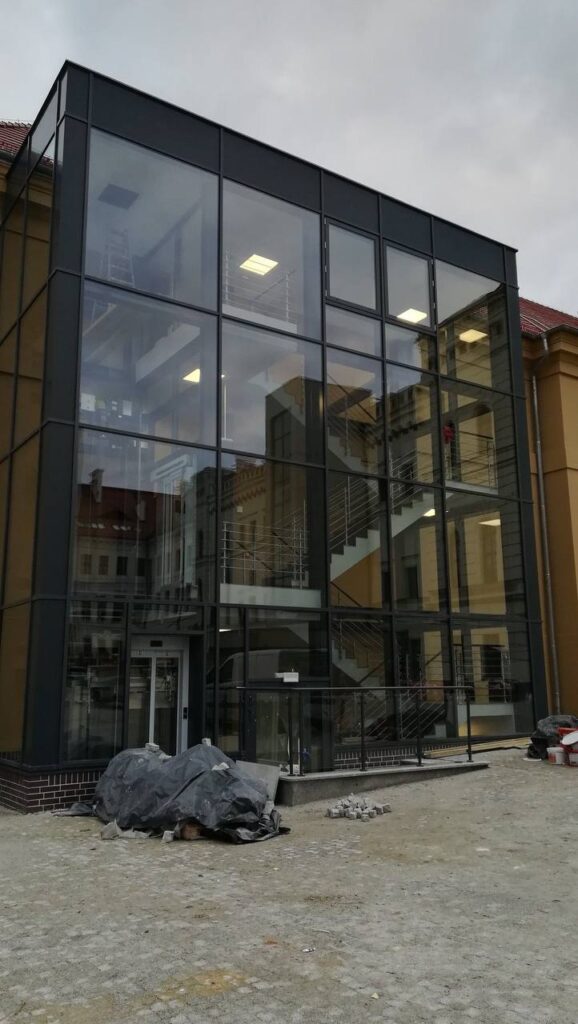
Durability and Strength
- Superior Structural Integrity: Aluminum is known for its exceptional strength-to-weight ratio, making it ideal for large commercial windows that need to support heavy glass panes without compromising structural integrity.
- Longevity: According to industry studies, aluminum windows can last up to 45 years with minimal maintenance, compared to vinyl and wood windows that may require frequent repairs and replacement within 20-30 years.
Energy Efficiency
- Thermal Performance: Modern aluminum windows are designed with thermal breaks—insulating barriers that prevent heat transfer between the interior and exterior of the building. This design enhances energy efficiency, reducing heating and cooling costs by up to 30% in commercial buildings.
- Low-E Glass Compatibility: Aluminum frames easily accommodate Low-E (low-emissivity) glass, which reflects heat while allowing natural light to enter. This can lower a building’s energy consumption by an additional 15-25%.
Cost-Effectiveness
- Lower Lifecycle Costs: While aluminum windows might have a higher upfront cost (approximately $20-$40 per square foot), their long lifespan and minimal maintenance needs result in lower lifecycle costs. Over a 30-year period, aluminum windows can save building owners up to 20-30% in total costs compared to wood or vinyl alternatives.
- Quick Installation: Aluminum windows are easier and faster to install due to their light weight and flexibility, reducing labor costs and minimizing disruptions to commercial operations.
Aesthetic Flexibility
- Customizable Design: Aluminum’s malleability allows for thinner frames, offering sleek, modern aesthetics that are highly desirable in commercial architecture. Aluminum frames can be customized in various shapes, sizes, and finishes, meeting the specific design needs of any commercial project.
- Color and Finish Options: Aluminum can be anodized or powder-coated in a wide range of colors, offering building owners the ability to match their window frames with their branding or design vision. The durability of these finishes also means they maintain their appearance over time with minimal fading or chipping.
Environmental Sustainability
- Recyclability: Aluminum is one of the most recyclable materials in the construction industry. Over 75% of all aluminum ever produced is still in use today. Recycling aluminum requires only 5% of the energy needed to produce new aluminum, making it an environmentally friendly choice for commercial buildings aiming for LEED certification.
- Contribution to LEED Points: The use of aluminum windows can contribute to a building’s LEED (Leadership in Energy and Environmental Design) certification, particularly in categories such as Energy & Atmosphere, Materials & Resources, and Indoor Environmental Quality.
Top Aluminum Window Brands for Energy Efficiency in U.S
Fire and Safety Ratings
- Non-Combustible Material: Aluminum is non-combustible, making it a safer choice for commercial buildings, particularly in regions prone to wildfires. It also meets the stringent fire safety codes required in many commercial applications.
- Impact Resistance: Aluminum windows can be reinforced to meet high-impact safety standards, essential for buildings in hurricane-prone areas. High-impact aluminum windows can withstand winds up to 200 mph, significantly reducing the risk of damage during severe weather events.
Comparison with Other Materials
- Wood: While aesthetically pleasing, wood windows require regular maintenance and are susceptible to warping, rotting, and termite damage. Additionally, wood frames have a shorter lifespan and are less energy-efficient compared to aluminum.
- Vinyl: Vinyl windows are popular for residential use due to their low cost, but they lack the structural strength required for large commercial applications. Vinyl is also less durable under extreme weather conditions and offers limited design flexibility.
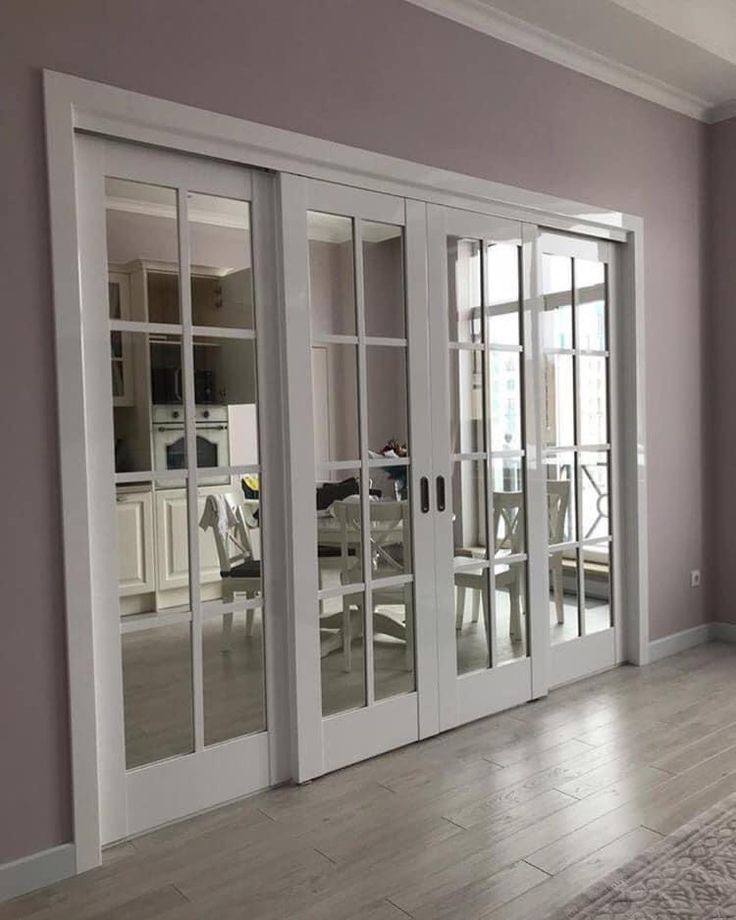
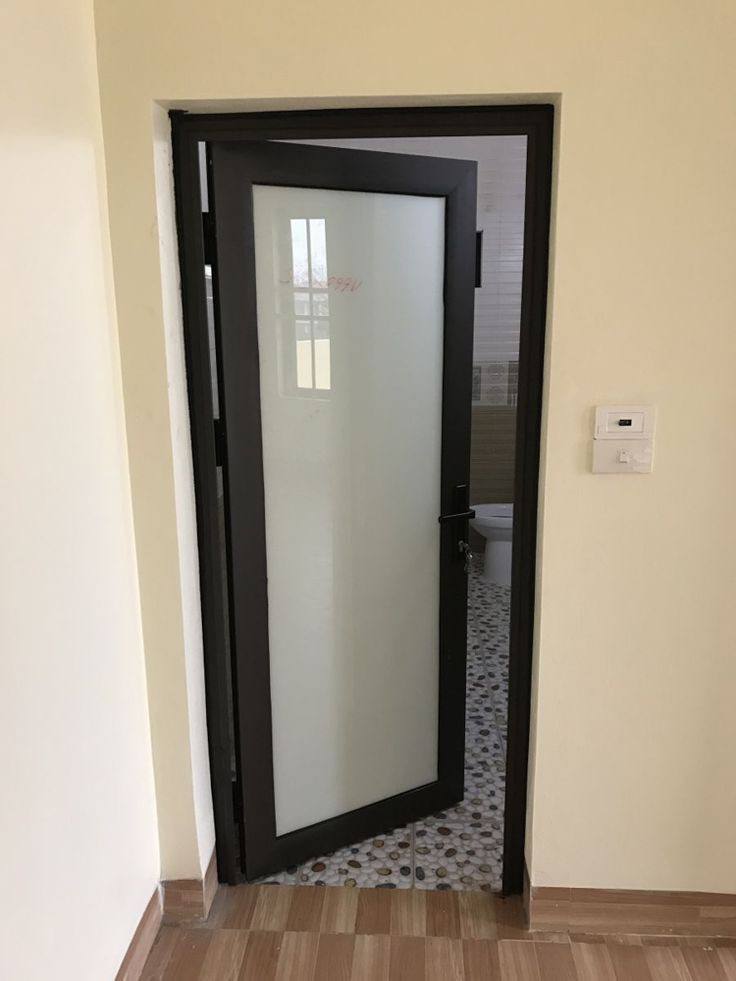
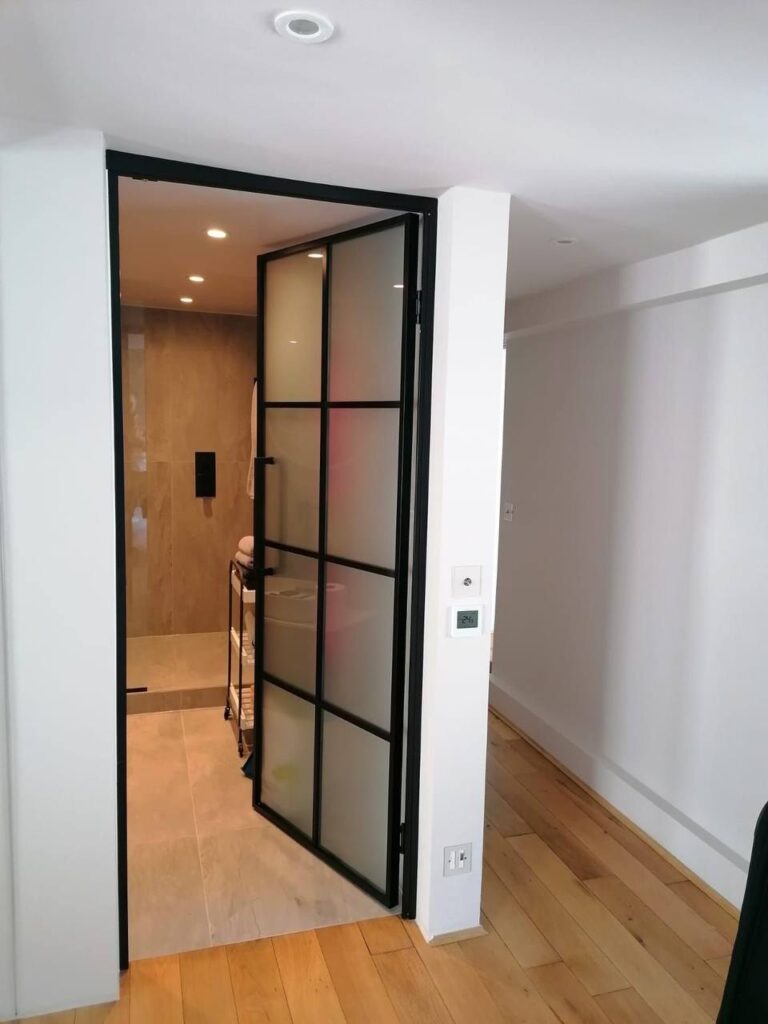
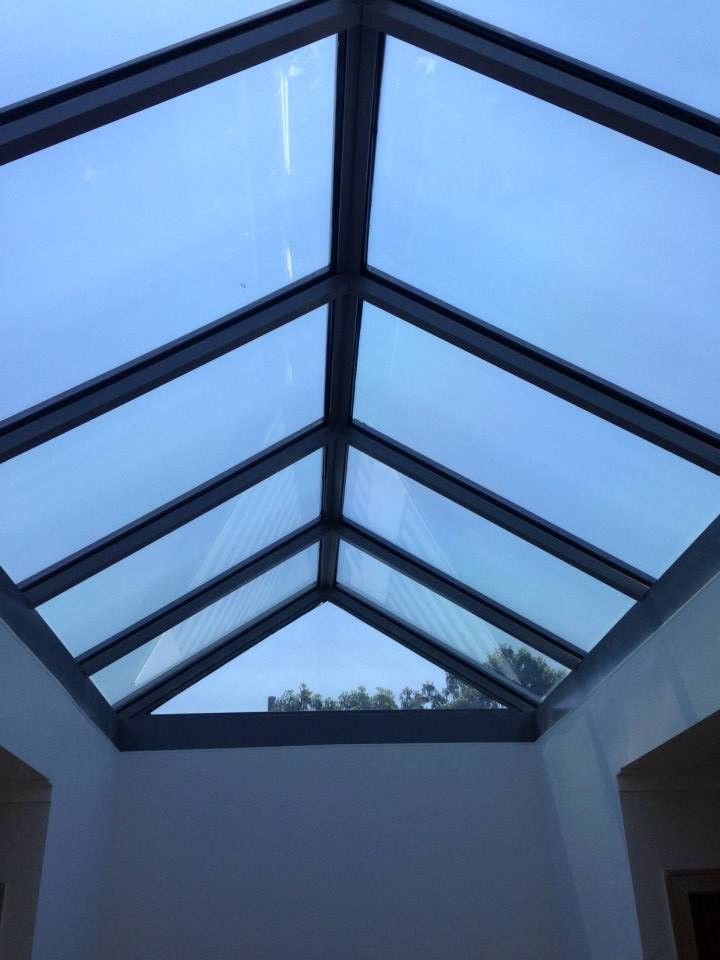
Aluminum stands out as the best material for commercial windows in the U.S. due to its unparalleled combination of durability, energy efficiency, cost-effectiveness, and design flexibility. As building codes become more stringent and the demand for sustainable, energy-efficient buildings grows, aluminum windows are increasingly the material of choice for commercial developers and architects. By opting for aluminum, you ensure a long-lasting, aesthetically pleasing, and environmentally responsible solution for your commercial building’s window needs.
